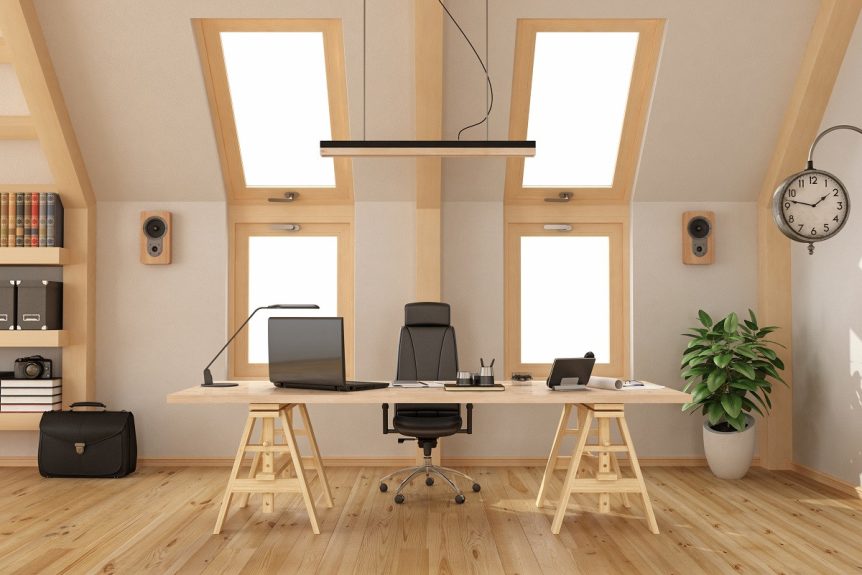The conversion of a GP's business to BV form revealed a book loss of €270,000 on her home. The property was listed as business property. The tax authorities refused to deduct the book loss because the property would not be part of the business assets. How does the court rule?
GP's point of view
The GP argues, in support of her position that the property could be counted as business assets, that the property was used for the purpose of her business for more than 10%. The GP used the attic room, with an area of 18.75% of the total residential area, for the purposes of the business from the time the property was occupied until the company was contributed to the limited company. At some point, the former study in the attic became a bedroom. The study was then moved to the daughter's former bedroom on the first floor. The GP points out that the appraisal report shows in the photos that the bedroom in the attic still has a drawer unit, printer, keyboard and monitor, which were used there when it was a study. According to the GP, the valuation report incorrectly states that the property is used entirely as a home.
Tax authorities' position
The Inland Revenue considers that there is no business use of the property. It argues that the interested party has not provided any objective evidence that the attic is used as a workspace. There is no photo of the attic from the period before the conversion.
The Inland Revenue does not dispute that a desk with a laptop stood in the attic before the conversion. But that does not necessarily mean that the entire attic was used exclusively for business purposes. The attic could also be used by other family members to study or as storage for private things.
For the 10% criterion, not only the surface area should be considered. A residential house is generally used almost entirely for private purposes, such as living, sleeping and living by all family members. That occasional work is done at home in a room whose area exceeds 10% of the total area does not mean that the property is used exclusively for business purposes for more than 10%.
Review framework judge
According to established case law, the will of the taxpayer, as expressed in his accounts or otherwise, is generally decisive, unless it exceeds the bounds of reasonableness. With regard to a house, it must be assumed, barring special circumstances, that by its nature it can only belong to the entrepreneur's private assets for tax purposes. A reasonable distribution of the burden of proof implies that the taxpayer bears the burden of proving that there are special circumstances on the basis of which the house can nevertheless be regarded as part of the company assets.
Does the property constitute business assets?
The court considered that the deed of conveyance showed that a property had been purchased. No photographs were submitted of what the attic looked like in the period before the renovation, nor was any substantiation given that the attic was used exclusively for business purposes. The valuation report that was submitted dates from after that period and, moreover, that report does not show how the attic was used. That report does not rule out that the attic was also used for private purposes.
Conclusion
In the court's opinion, the GP did not make a plausible case that the property could be counted as business assets.
Note: The issue in this case was whether the GP was allowed to classify the home as business assets. This requires structural minimum 10% exclusively business use. She could not make the latter sufficiently plausible.


